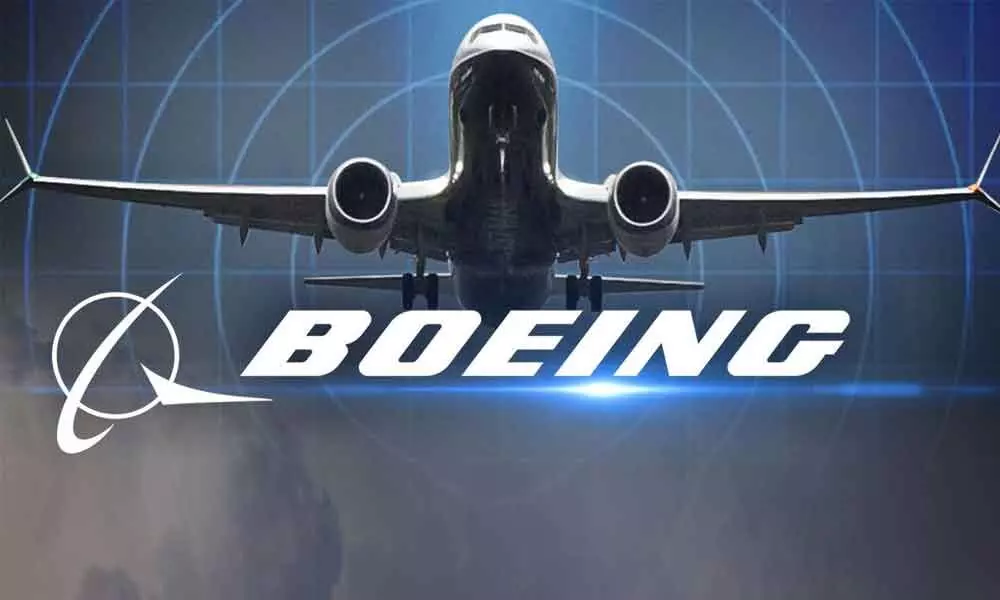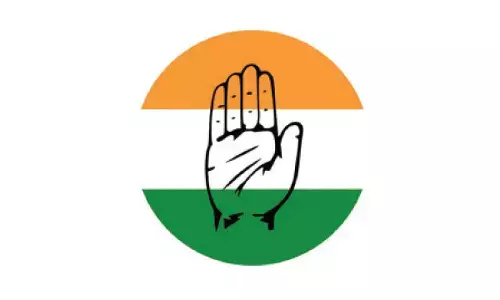Will the US government nationalise Boeing?

About 12 years after the US government bailed out General Motors and Chrysler, Washington policymakers are debating how to throw Boeing a lifeline as it reels from dual crises over the coronavirus and 737 MAX.
About 12 years after the US government bailed out General Motors and Chrysler, Washington policymakers are debating how to throw Boeing a lifeline as it reels from dual crises over the coronavirus and 737 MAX.
The aerospace giant, which manufactures the US presidential jet Air Force One in addition to defense and commercial aircraft, has asked for USD 60 billion in federal support for the US aerospace industry, but it is not yet clear how such a bailout would function. "Boeing is on the brink," prominent hedge fund investor Bill Ackman said this week.
"Boeing will not survive without a government bailout." Boeing's financial picture was already under pressure even before the coronavirus.
The 737 MAX, which had been the company's top-selling plane, has been out of service for more than a year following two deadly crashes. The lengthy grounding has cost the company upwards of USD 18 billion, a figure that is expected to rise.
The coronavirus has now worsened that picture considerably, obliterating demand for flying and putting Boeing's airline customers in financial distress. The situation has pummeled shares of Boeing, leaving its market capitalization Friday at around USD 54 billion.
Also Friday Boeing announced that it was suspending its dividend until further notice and that Chief Executive Dave Calhoun and Chairman Larry Kellner would forgo pay until the end of the year. The company, which had previously announced it was suspending share buybacks, said the program would remain paused indefinitely.
Boeing's dual crises would threaten the survival of other companies, but it still retains considerable support in Washington because of its importance to the US economy, with about 130,000 employees.
And that figure does not include a much larger group workers employed by Boeing's 17,000 suppliers. President Donald Trump on Tuesday endorsed aggressive measures to assist the companies, telling reporters at a briefing, "we have to protect Boeing and help Boeing."
In a securities filing Thursday, Boeing said there are a "variety of approaches" currently being discussed to support the US aerospace industry, but the company declined to comment further on the options.
Aid for aerospace is not included in the USD 1 trillion stimulus package now being crafted on Capitol Hill, although it does including help for airlines. One option that has been discussed is for the government to take an equity stake in Boeing.
"Taxpayers should receive equity in a company in return for assistance so that the public benefits from its investment when the company is fiscally stable," said Oregon Democratic Representative Earl Blumenauer.
If Boeing follows the model set by General Motors and Chrysler after the 2008 financial crisis, it would file for bankruptcy protection under Chapter 11 and restructure its finances.
The auto bailout was launched by former president George W. Bush in 2008 under the Troubled Assets Relief Program, and carried through by Barack Obama's administration.
The federal government injected USD 81 billion into two of Detroit's "Big Three" automakers and took equity stakes in the companies, and then sold those shares in December 2013.
GM filed for bankruptcy in June 2009 and received USD 50 billion in support that allowed the government to take a 61 percent stake in "new GM." The company was effectively nationalized, although officials avoided that term.
The restructuring cost shareholders USD 11.2 billion, but saved some 1.5 million jobs, according to the Center for Automotive Research. Scott Hamilton of Leeham News, which specializes in aviation, said a US takeover of Boeing could pose competitive concerns in the defense industry.
"Boeing is the nation's number two defense contractor. How would this affect defense contract bids? I imagine Lockheed Martin and Northrop Grumman might have some concerns," Hamilton said.
"I don't think there's much of a rationale for a US stake in Boeing," said Richard Aboulafia of the Teal Group, a research consultancy focused on aviation and defense.
The government also could make aid conditional on splitting the company into two entities, one focused on commercial planes and the other on defense, experts said.
Another possibility could be a merger of Boeing into one of the other defense giants, experts said. Lockheed Martin did not respond to queries, while Northrop declined comment.








